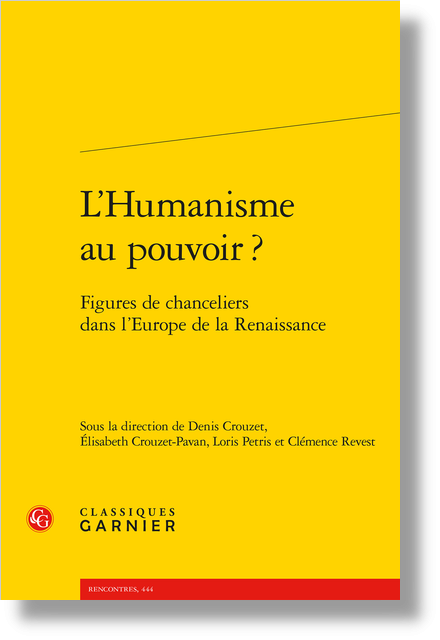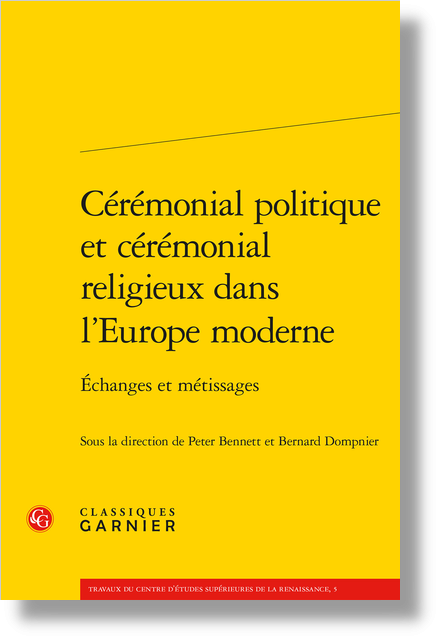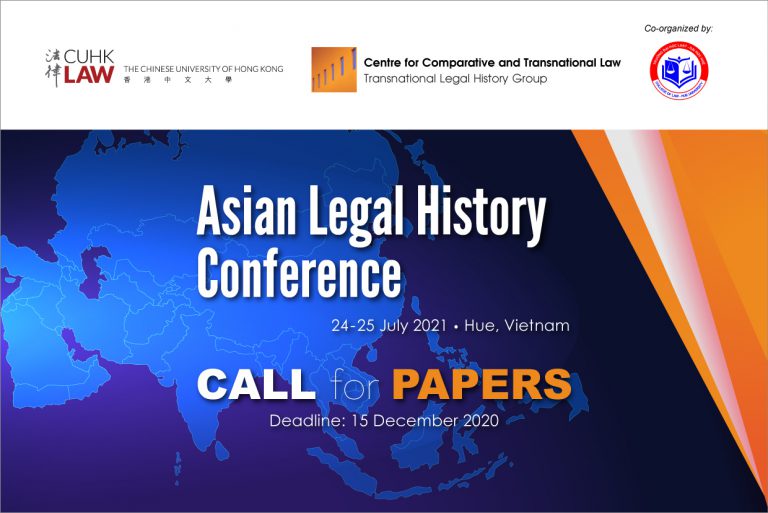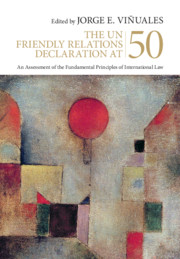
(Source: Centro di studi per la storia del pensiero giuridico moderno)
Indice del volume
Giovanni Cazzetta, Pagina introduttiva p. 1
Modelli e dimensioni
Pietro Costa, 'Dire la verità': una missione impossibile per la storiografia? p. 9
Paolo Slongo, Montaigne e la giustizia zoppa p. 43
José Calvo González, La Constitución magicorrealista. Constitución real y reforma política en Los funerales de la Mamá Grande (1959), de Gabriel García Márquez p. 79
Ivan Cardillo - Yu Ronggen, La cultura giuridica cinese tra tradizione e modernità p. 97
La dimensione giuridica
Héctor Domínguez Benito, Territorial republicanism in the United States of Colombia: José María Quijano Otero and the American uti possidetis p. 137
Olindo De Napoli, Colonialism through penal deportation in the Italian political and legal debate: from Unification to the beginning of the colonial enterprise p. 185
Alberto Spinosa, Tra regola ed eccezione: il concetto di ius singulare nel dibattito giuridico italiano tra Otto e Novecento p. 221
Irene Stolzi, Il secolo nuovo: giuristi e tradizioni nell'Italia del ventennio p. 267
Riccardo Ferrante, Ideologie della giurisdizione e cultura giuridica togata: tradizione, nomofilachia, formanti e metodo storico p. 307
Figure dell'esperienza
Raffaele Volante, La concezione patrimoniale dell'imposta nel diritto comune p. 349
Ricardo Sontag, «Excepção única á civilização christã»: o problema dos açoites na literatura jurídico-penal brasileira (1824-1886) p. 375
Carlos Petit, Españolas gaditanas p. 419
Per António Manuel Hespanha
Cristina Nogueira da Silva, António Hespanha, um historiador inquieto p. 457
Paolo Cappellini, Per António Manuel: un ricordo dall'età dell'oro p. 473
Bartolomé Clavero, «El cimiento de nuestra amistad». Lembrança de António Manuel Hespanha jovem e não tão jovem p. 485
Ricardo Marcelo Fonseca, O demiurgo 'cool': o elo de António Manuel Hespanha e a historiografia jurídica brasileira p. 513
Tamar Herzog, António Manuel Hespanha on How Jurists (and Historians) (Should) View the World p. 525
Marta Lorente, António Manuel Hespanha en Cantoblanco p. 539
Letture
Francesco Benigno, Terrore e terrorismo. Saggio storico sulla violenza politica, Torino, 2018 (Giacomo Pace Gravina) p. 555
Cinema e Diritto. La comprensione della dimensione giuridica attraverso la cinematografia, a cura di Orlando Roselli, Torino, 2020 (Giovanni Cazzetta) p. 561
Paolo Grossi, Il mondo delle terre collettive. Itinerari giuridici tra ieri e domani, Macerata, 2019 (Diego Quaglioni) p. 566
Ideology and Criminal Law. Fascist, National Socialist and Authoritarian Regimes, Stephen Skinner (ed.), Oxford, 2019 (Florian Jeßberger - Tobias Beinder) p. 571
Daniel Maul, The International Labour Organization: 100 years of global social policy, Berlin, 2019 (Virginia Amorosi) p. 576
Discussioni
Su Tamar Herzog, A Short History of European Law. The Last Two and Half Millennia:
César Hornero Méndez, Un libro útil que no habría desagradado a George Steiner p. 583
Simona Cerutti, L'unità frammentata della cultura giuridica europea p. 591
Andrew Fitzmaurice, Continuity and discontinuity p. 599
Tamar Herzog, On the Role of History in the Present p. 609
A proposito di...
Damiano Canale, Alcune considerazioni sul significato filosofico della storia della filosofia del diritto (A proposito di «Diacronìa: Rivista di storia della filosofia del diritto», I (2019), 1) p. 621
Pio Caroni, Dalla coutume al codice? (A proposito di Adrien Wyssbrod, De la coutume au code. Résistances à la codification du droit civil à Neuchâtel sous l'Ancien Régime, Neuchâtel, 2019) p. 641
Giovanni Chiodi, Una storia del diritto privato diversa (A proposito di Pio Caroni, Privatrecht im 19. Jahrhundert. Eine Spurensuche, Basel, 2015) p. 655
Bartolomé Clavero, La excepción y la normalidad (A propósito de la historia comparada de un constitucionalista) p. 687
Francesco De Sanctis, Interpretare, argomentare, deliberare nella crisi dello Stato contemporaneo (A proposito di Emanuele Stolfi, Gli attrezzi del giurista. Introduzione alle pratiche discorsive del diritto, Torino, 2018) p. 723
Mario Libertini, Passato e presente del diritto commerciale (A proposito di tre libri recenti) p. 735
Ángel M. López y López, Derecho ingles y civil law: la «convergencia asintótica» (A propósito de John Cartwright, Introducción al Derecho inglés de los contratos, Cizur Menor, 2019) p. 773
Stefano Malpassi, Né «medioevo della modernità», né «specchio del presente». Gli anni Trenta tra crisi e trasformazioni transnazionali (A proposito di K.K. Patel, Il New Deal. Una storia globale, Torino, 2018) p. 795
Lorenzo Pacinotti, Naturali sviluppi del passato: trasformazioni New Liberal della legislazione sociale britannica (A proposito di J. Cooper, The British Welfare Revolution, 1906-14) p. 821
Gianluca Russo, «El desordine è peccato» Un aspetto della costruzione dello Stato territoriale fiorentino: l'offensiva moralizzatrice del Quattrocento (A proposito di Uberto da Cesena, Quaestio disputata Bononie) p. 851
Abstracts
Ragguagli fiorentini
Attività del Centro di Studi per la storia del pensiero giuridico moderno nell'anno accademico 2018-2019 p. 903
The issue of the journal can be downloaded in PDF version here.























